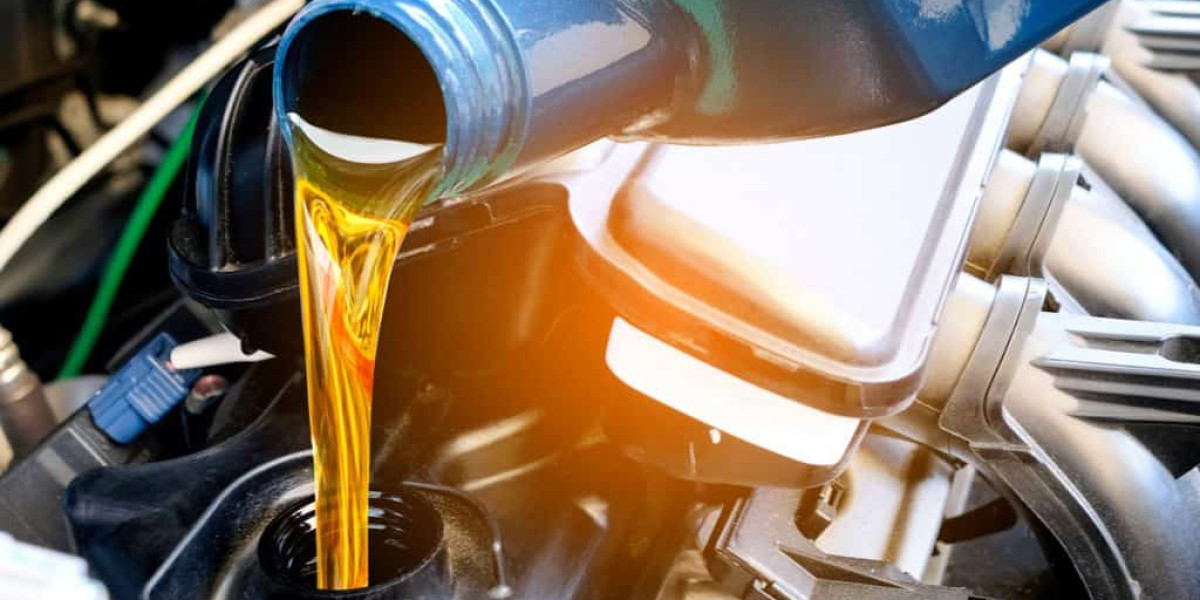Deposit Control Automotive Aftermarket Fuel Additives
As engines run, combustion residues and other deposits can build up in the fuel system and on engine components over time. Deposit control additives are specially formulated to prevent, dissolve, and remove these deposits. They work to inhibit deposit formation within the fuel injection system, intake valves, combustion chamber and exhaust system. By keeping the fuel system clean, deposit control additives ensure optimal fuel delivery and combustion. They help maintain engine performance, fuel efficiency and emission levels over the long-term. Common deposit control technologies include detergents, dispersants and solvents.
Antioxidants
Automotive Aftermarket Fuel Additives are highly susceptible to oxidation reactions from heat and contact with oxygen in the air. Oxidation causes fuels to thicken and form gums or varnishes that can clog filters and obstruct small fuel passages over time. Antioxidant additives are added to gasoline and diesel fuels to significantly delay this oxidation process. They protect fuel during transport, storage and use by scavenging free radicals produced during oxidation. This prevents gum formation within the fuel system and maintains fuel quality and flowability. Top-tier antioxidants can provide up to 12 months of oxidation stability even under harsh operating conditions.
Lubricity Improvers
Lubricity refers to a fuel's ability to lubricate fuel system components through its sliding and rolling actions. Fuel injection pumps, injectors and valves all need proper lubrication to function efficiently and last long-term. However, new ultra-low sulfur diesel fuels have very low intrinsic lubricity compared to earlier fuels. This significantly increases wear rates in precision fuel system parts not designed for low-lubricity operation. Lubricity improvers restore the necessary lubricating quality absent in low-sulfur diesel. They protect and extend the service life of high-pressure injection systems, maintaining equipment performance and reliability over time. Common lubricity technologies include esters and amides.
Gasoline Detergents
Like diesel, gasoline fuels also accumulate residue deposits from combustion byproducts and additives. Over time, these can build up in the intake valves and ports of gas engines. Detergent additives are formulated to actively cleanse and prevent intake valve deposits in all gasoline fuels. Advanced detergents first dissolve and suspend existing deposits before removing them out of the engine. They also inhibit new deposits from forming to maintain clean intake surfaces and maximum airflow. By keeping the intake system debris-free, detergents safeguard engine power, efficiency and emission performance for the life of the vehicle.
Other Automotive Aftermarket Fuel Additives Technologies
Aside from the above common types, there are several other specialized fuel additive technologies. Corrosion inhibitors protect metal fuel system components from moisture-induced corrosion. Metal deactivators neutralize catalyst poisons like sulfur to prevent catalytic converter failure. Flow improvers ensure excellent fluidity at low temperatures for easier cold starting and fuel delivery. Some fuel treatments also include stabilizers to protect fuel from breakdown during long-term storage. Multiple technologies are often combined into a single all-in-one fuel additive formulation for enhanced effectiveness.
Get more insights on Automotive Aftermarket Fuel Additives








